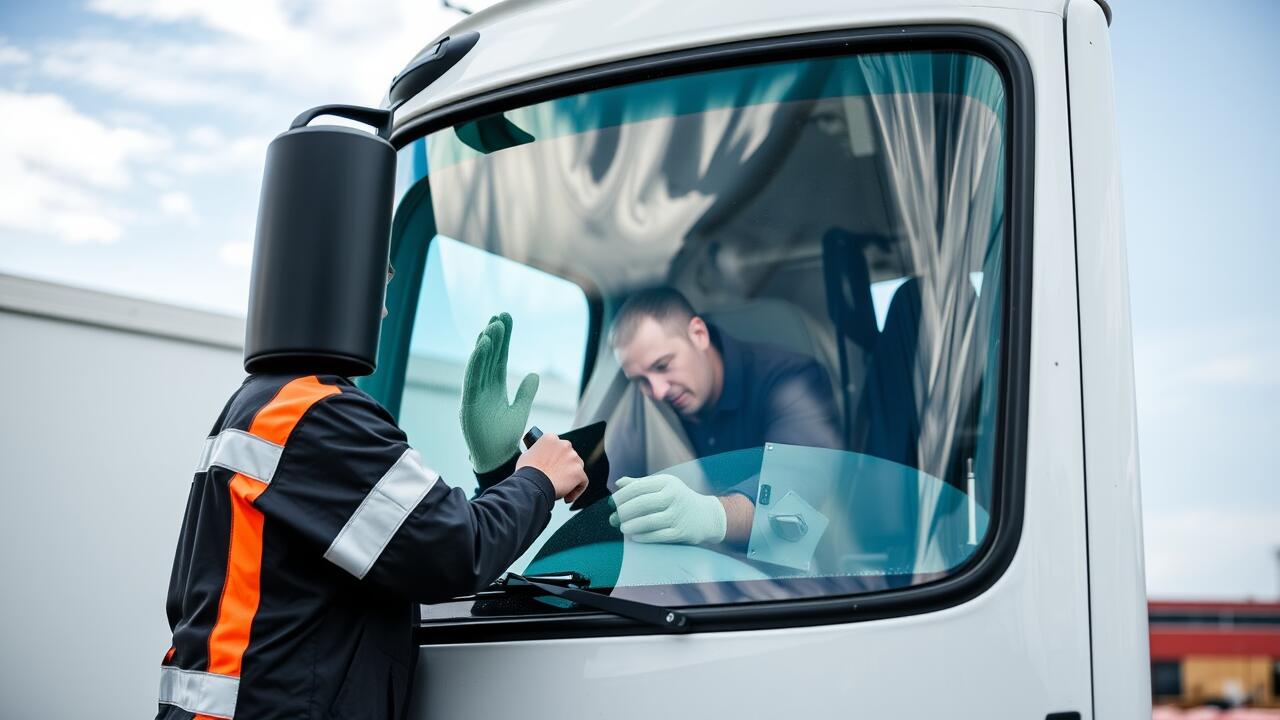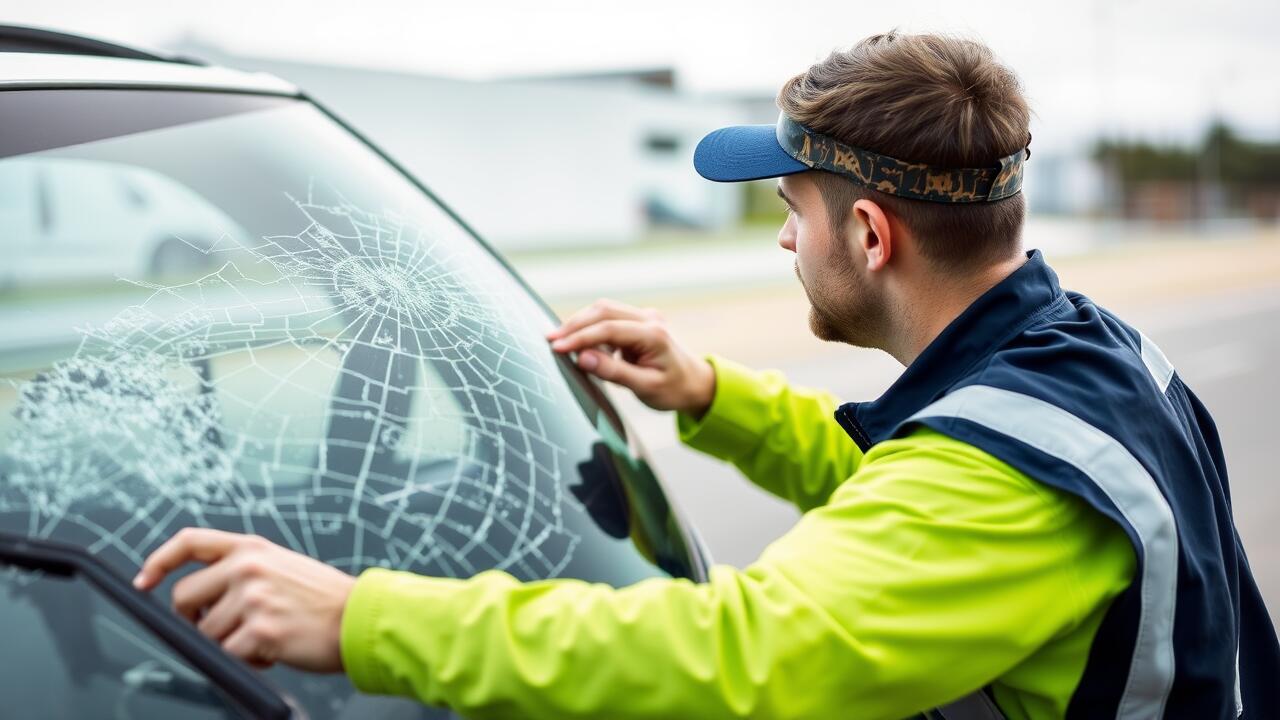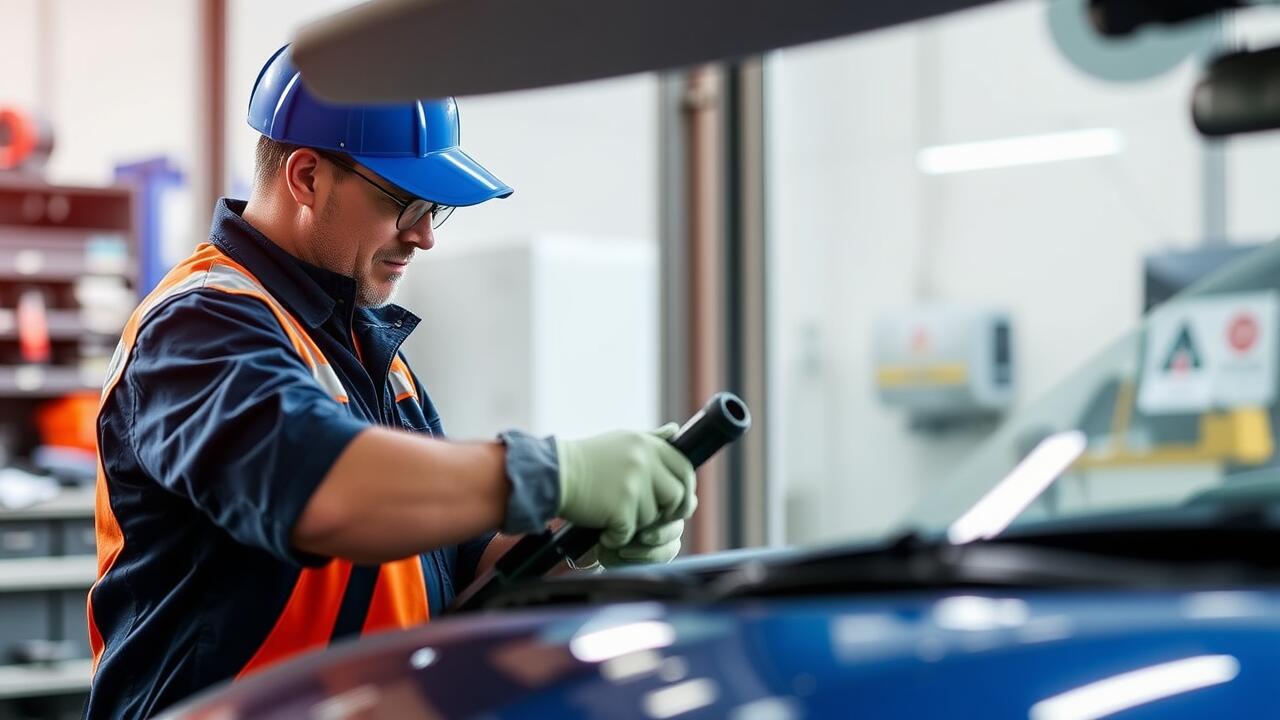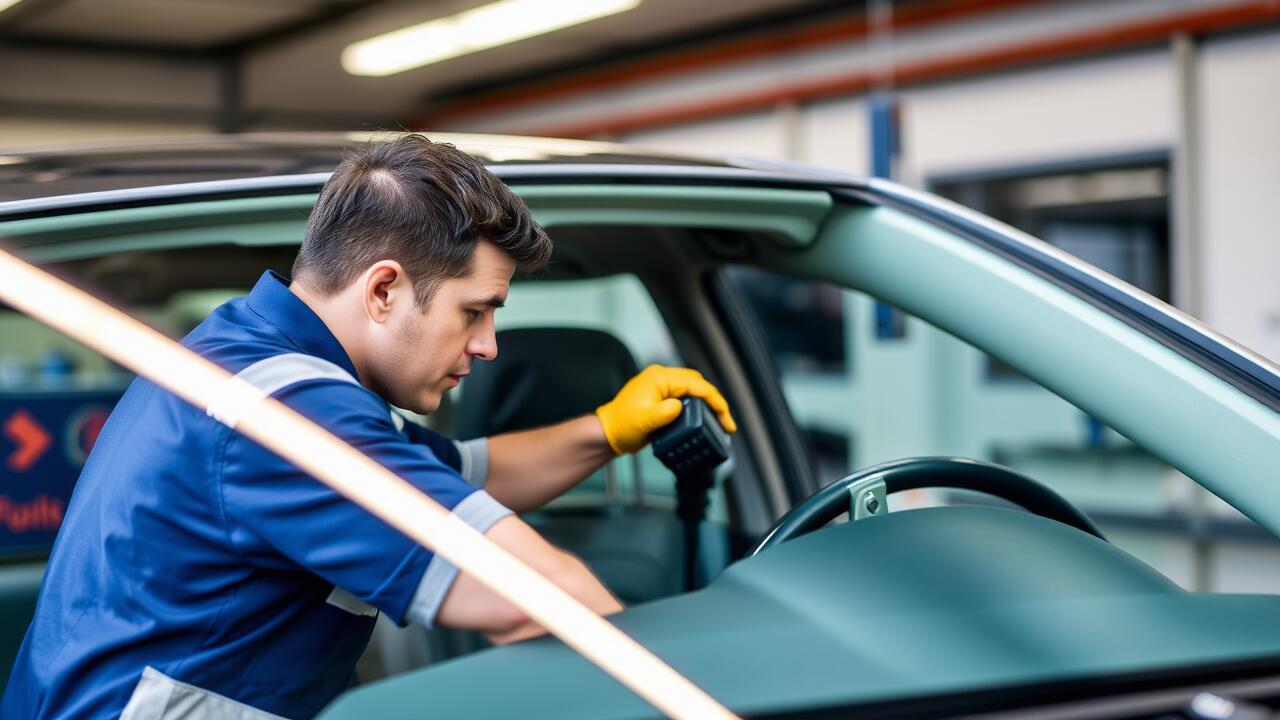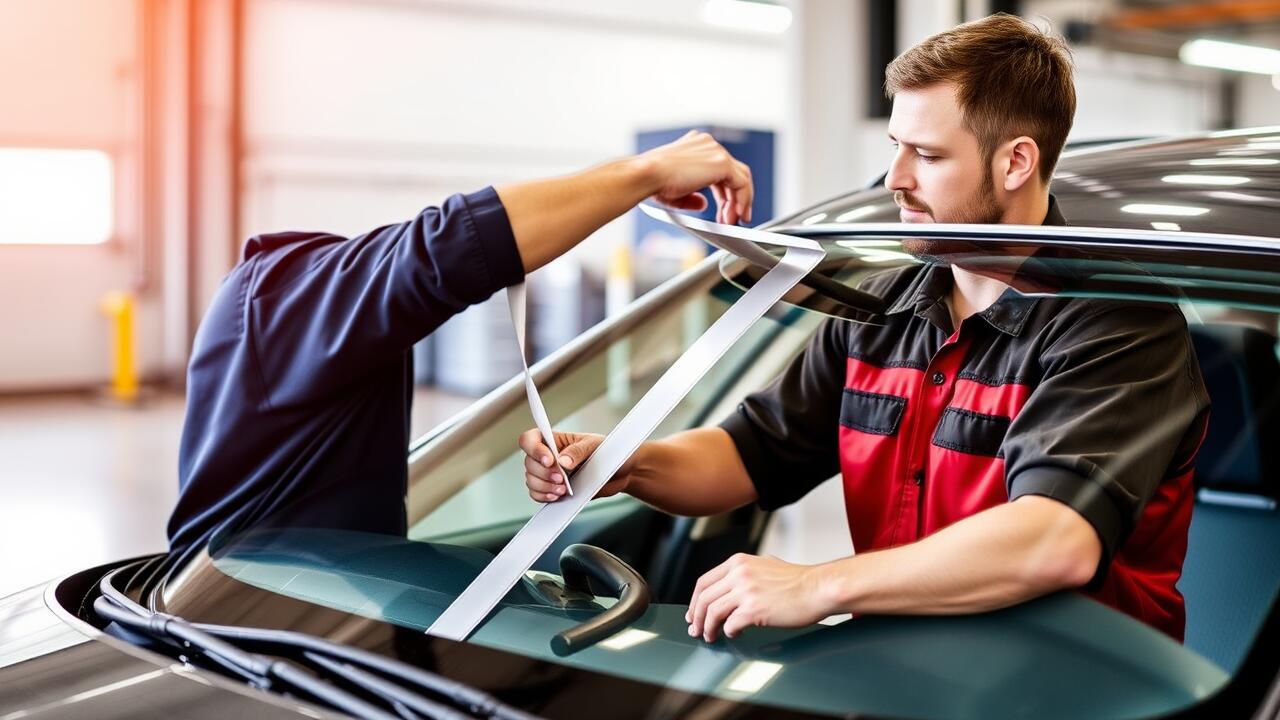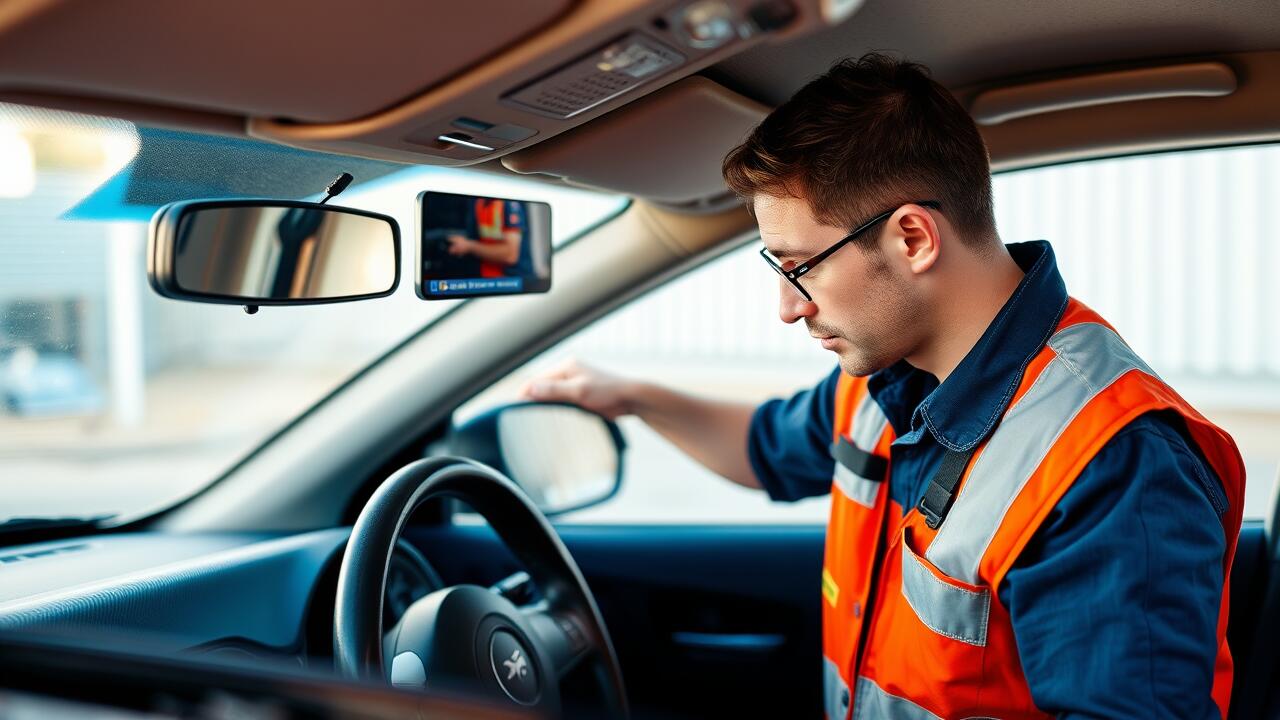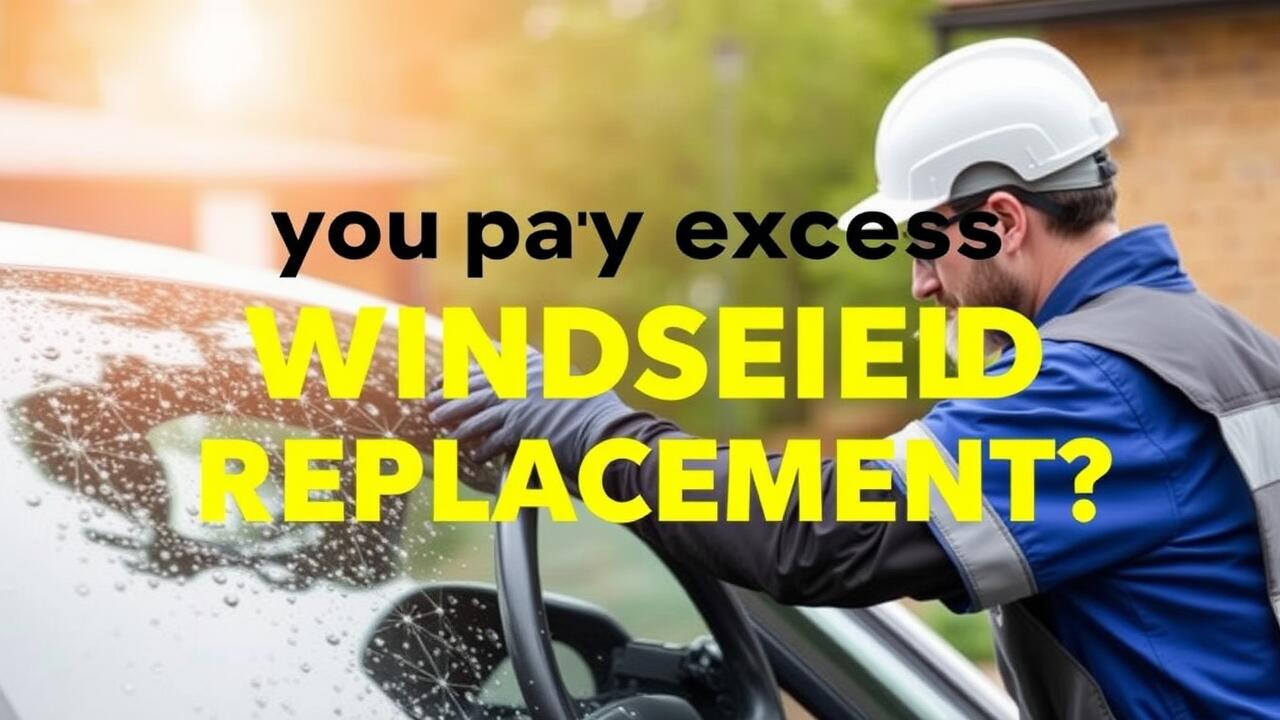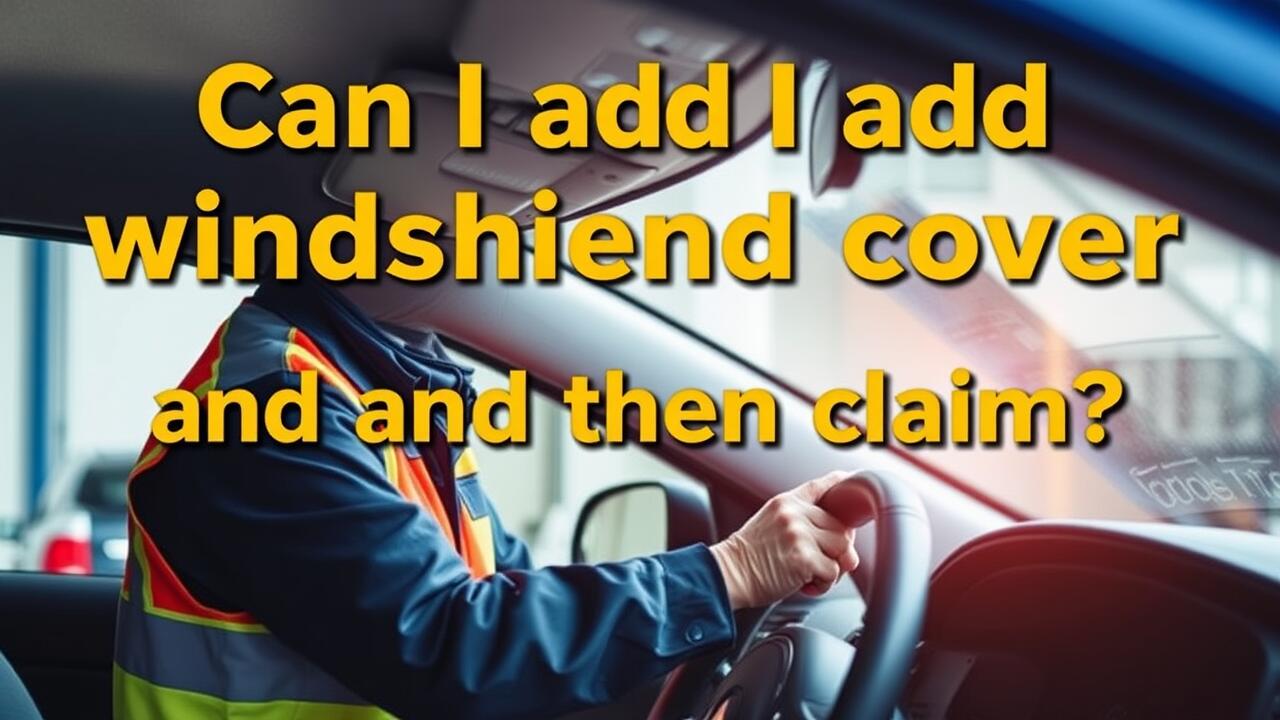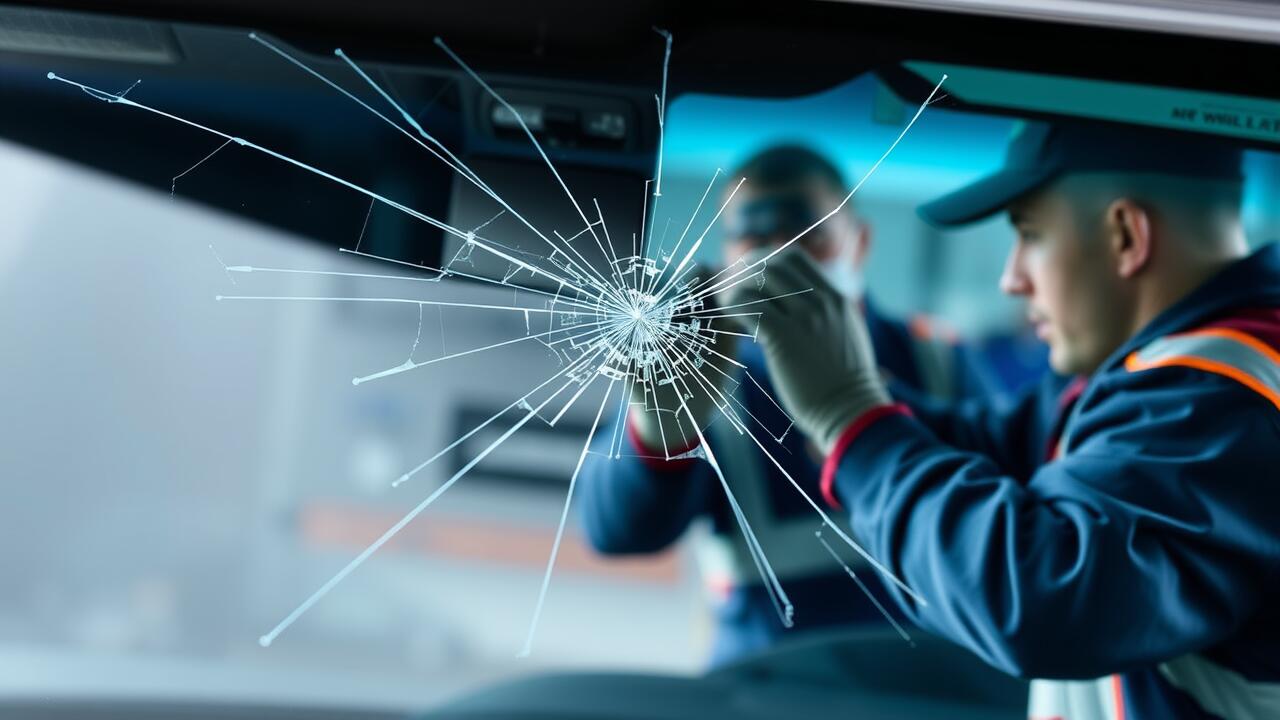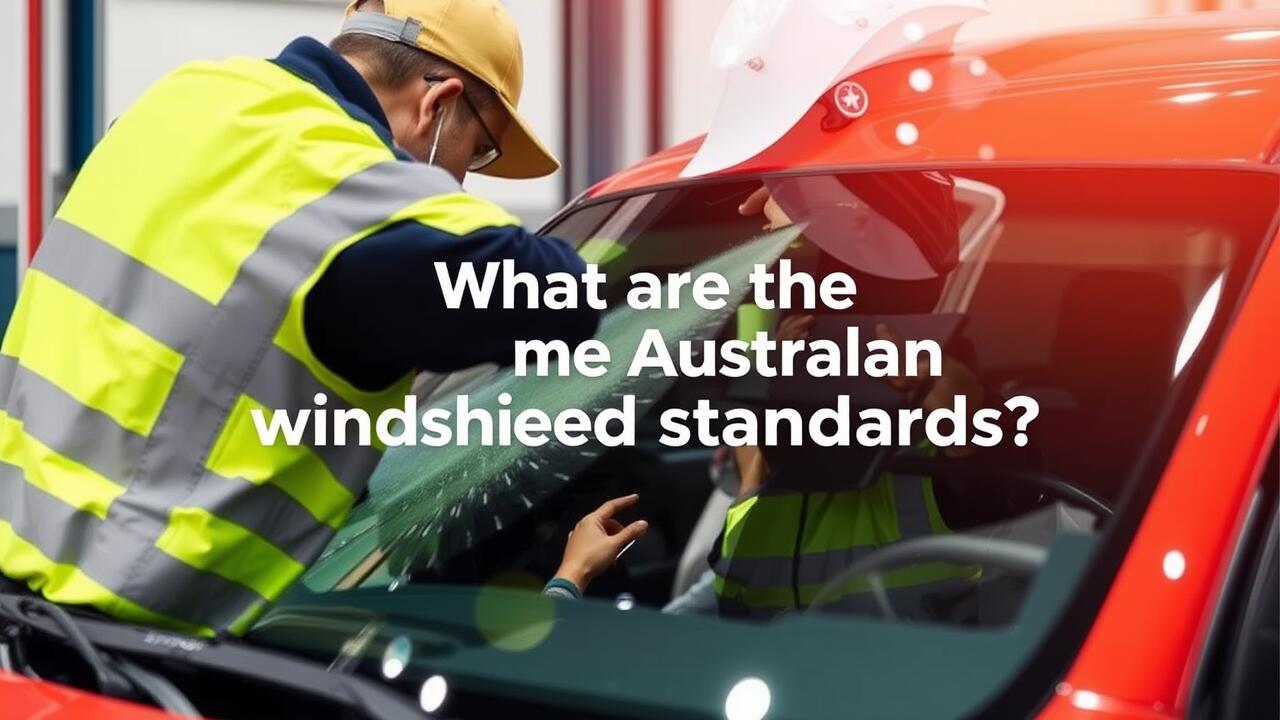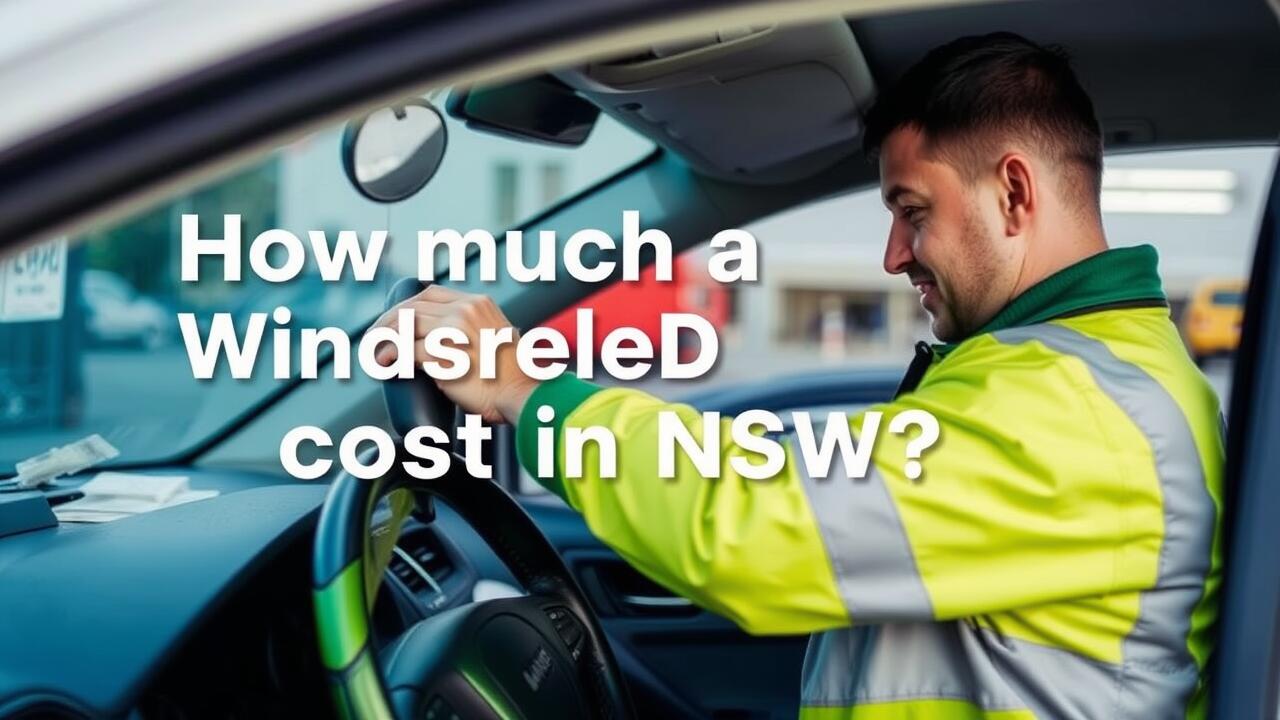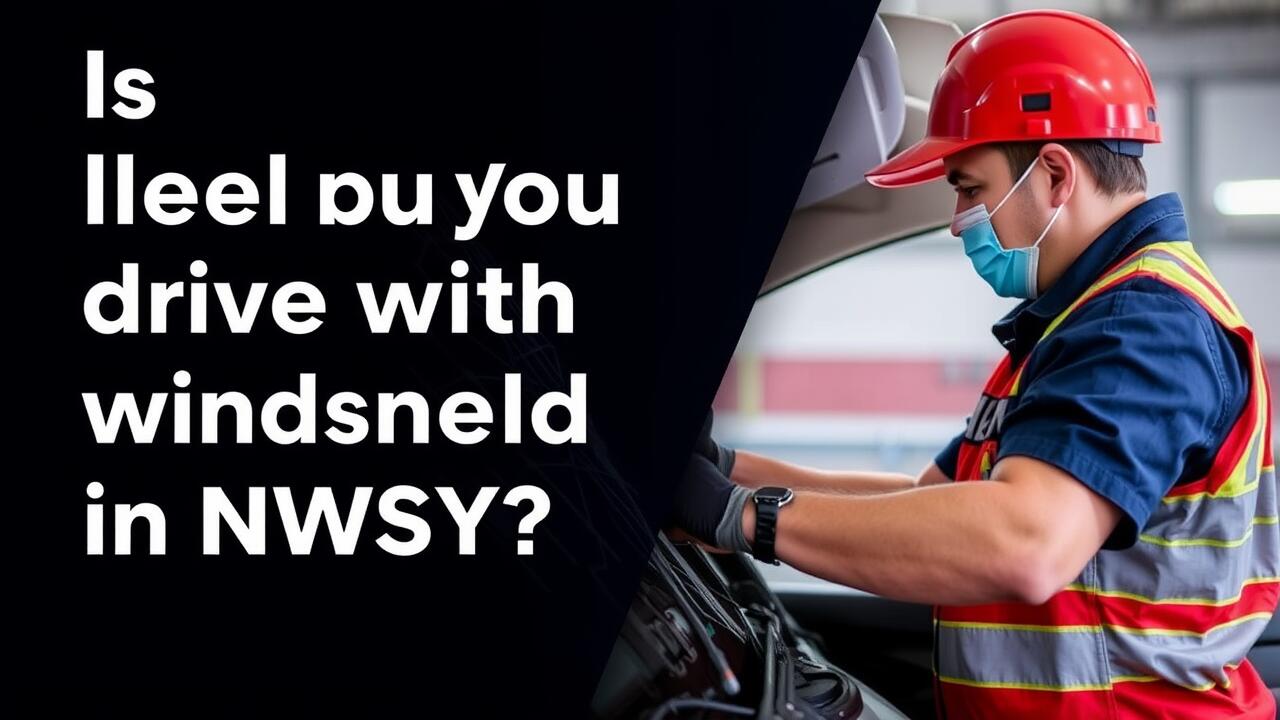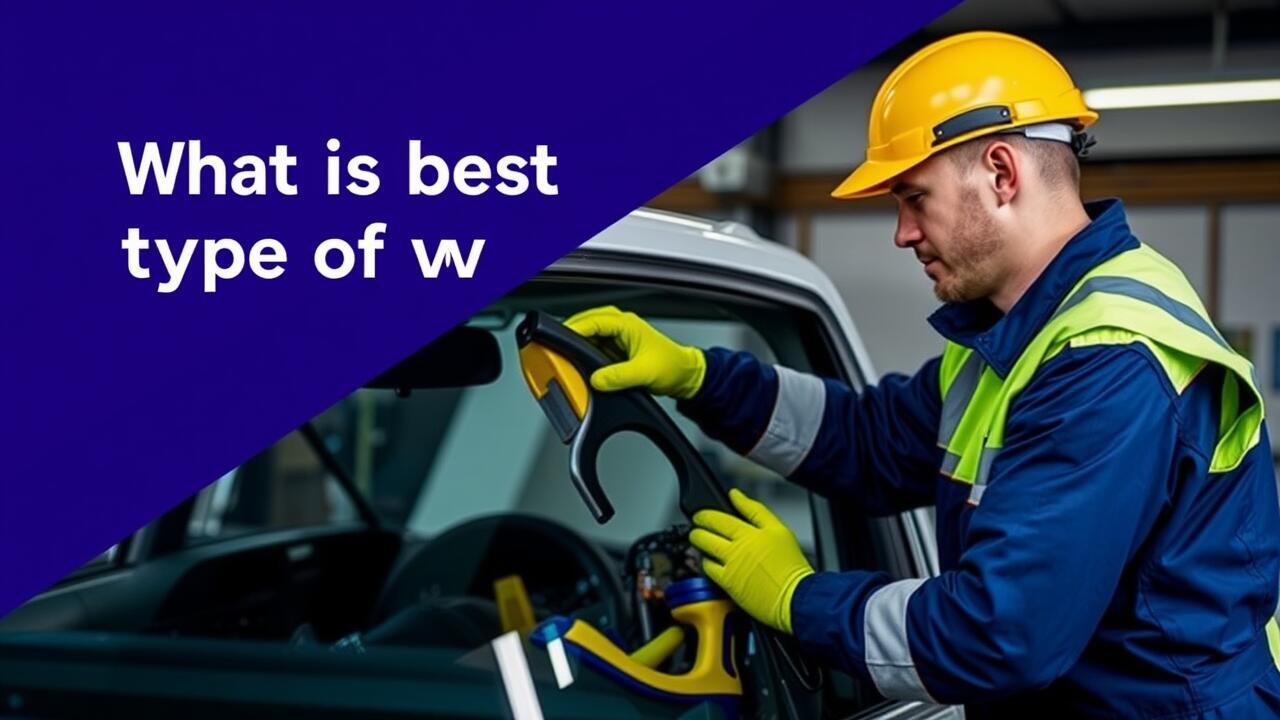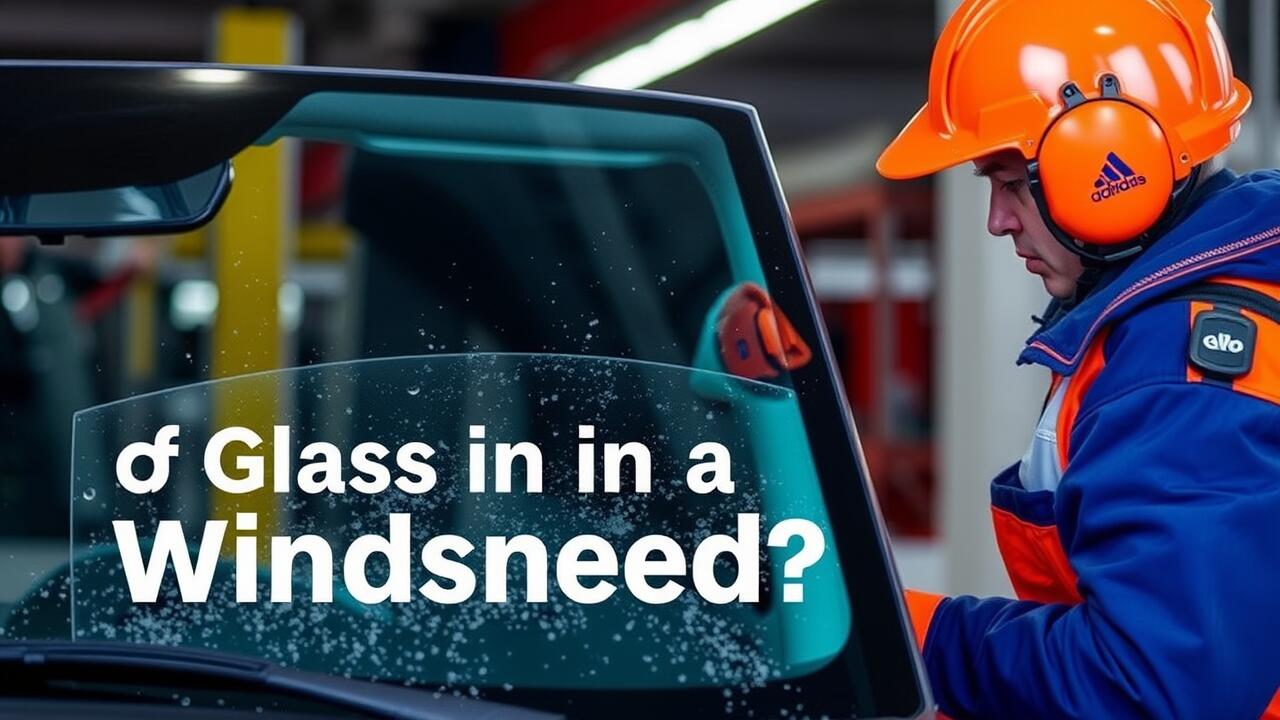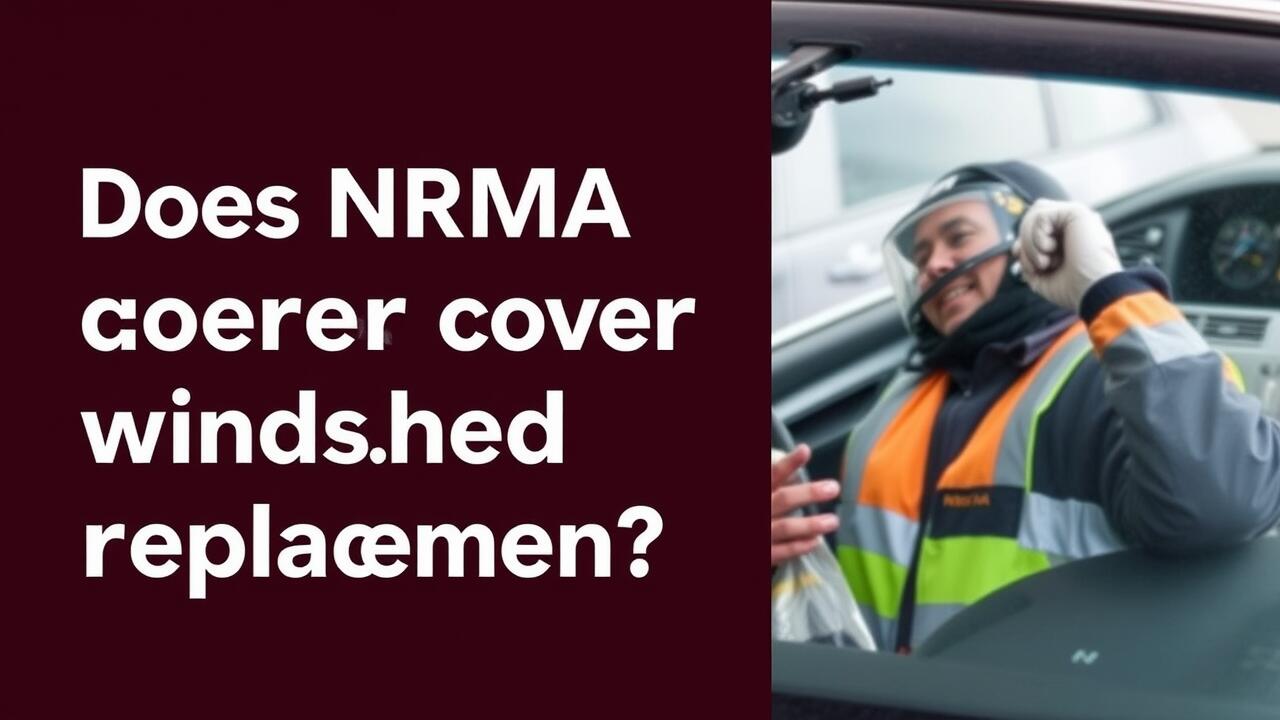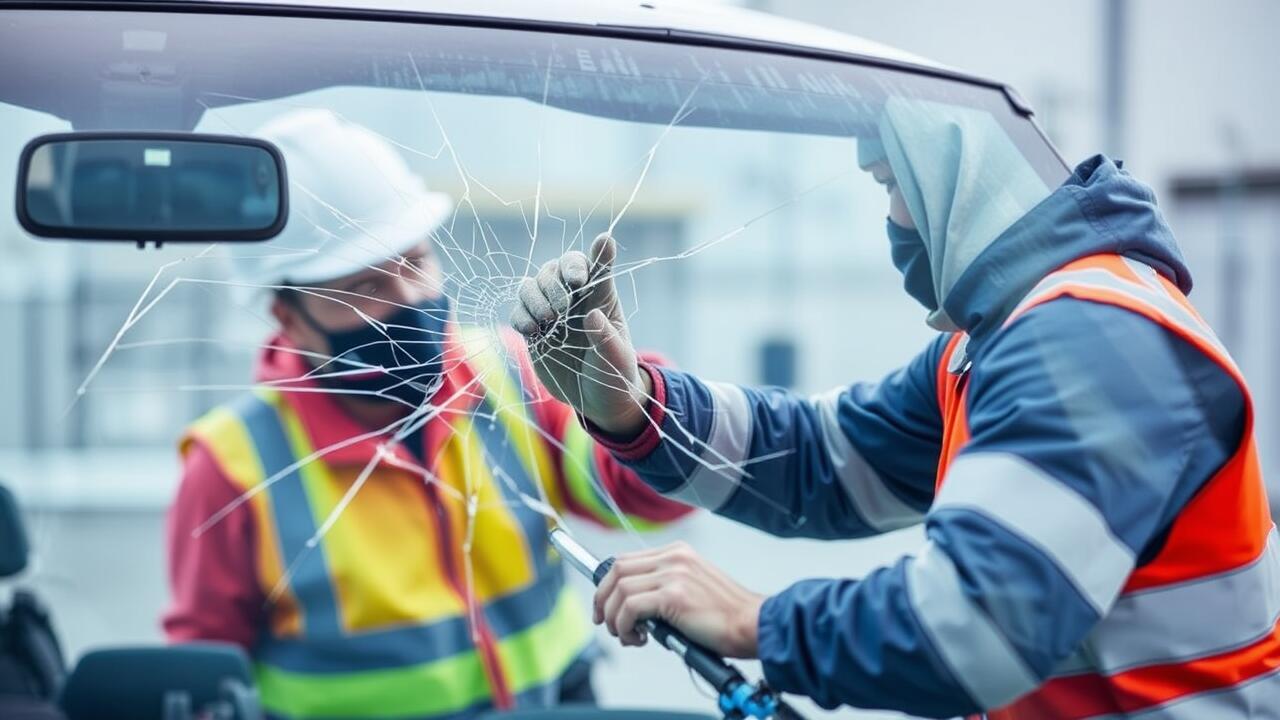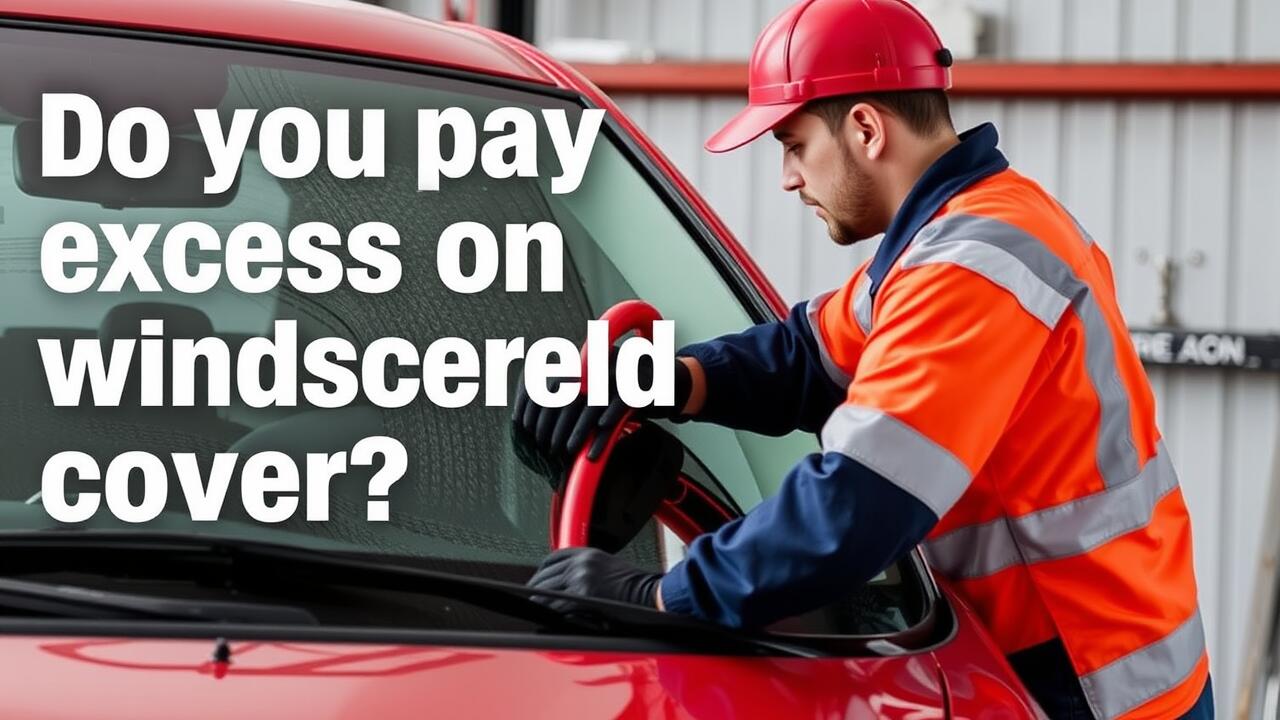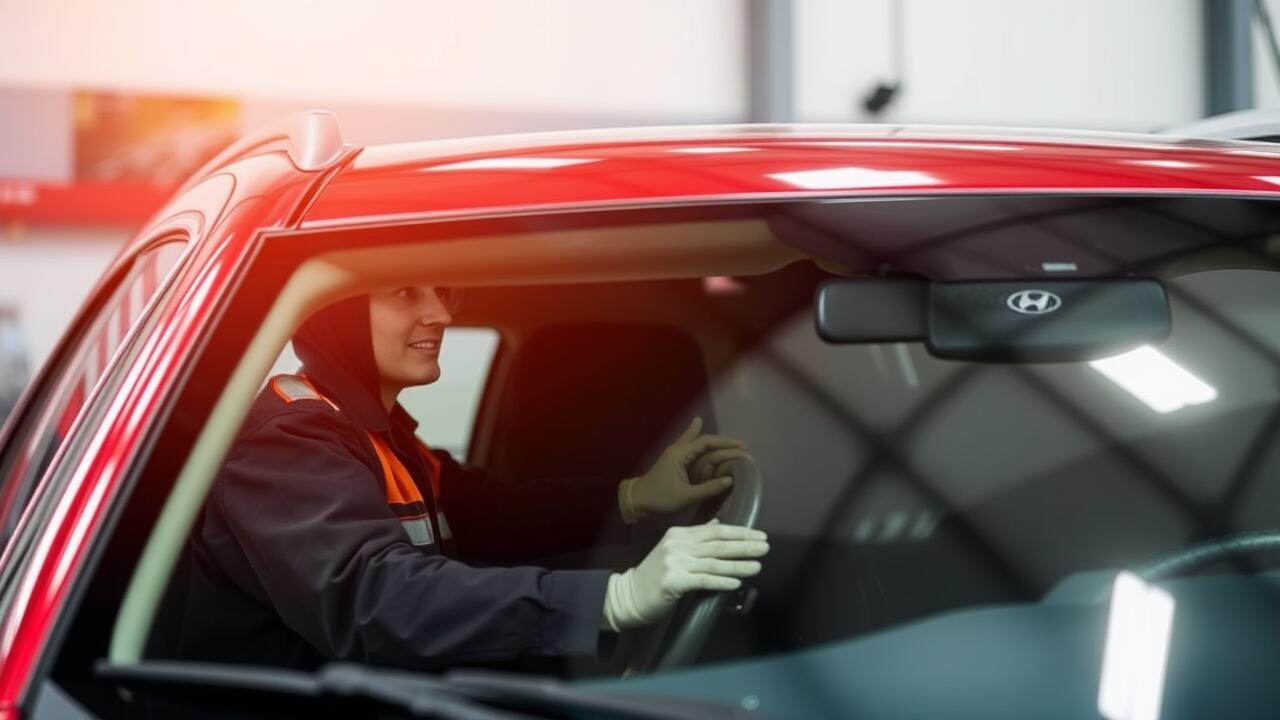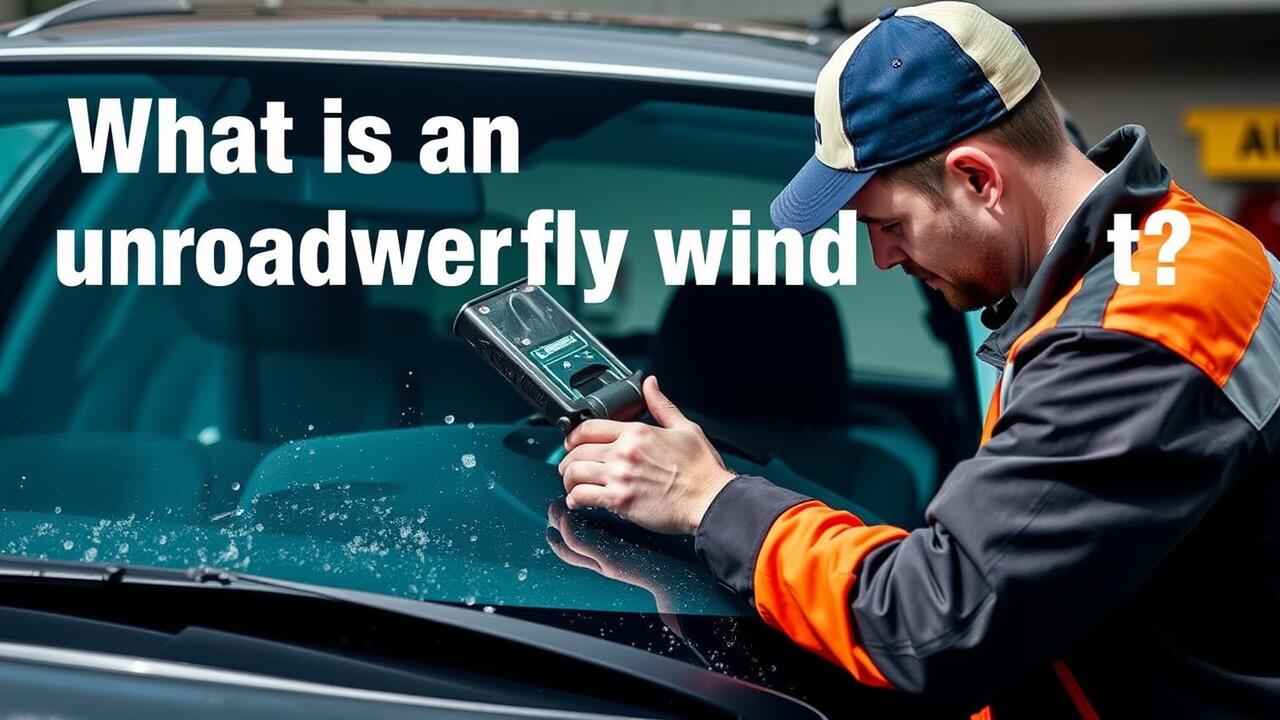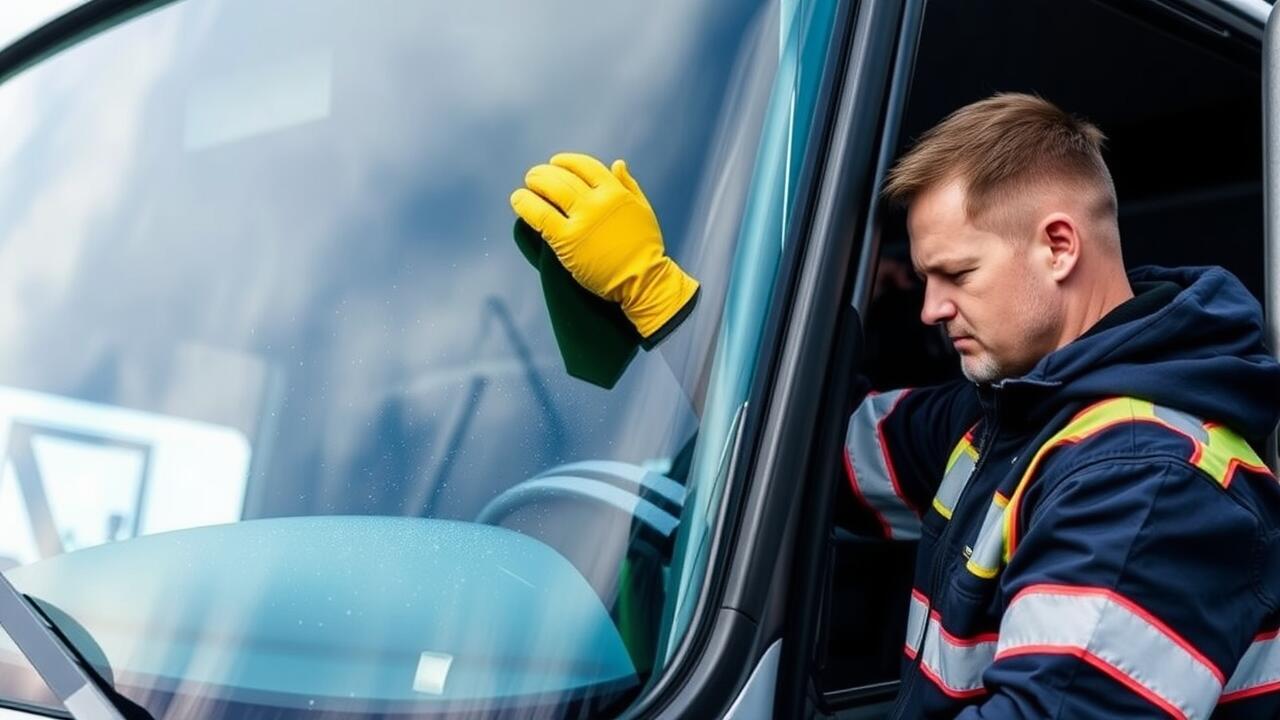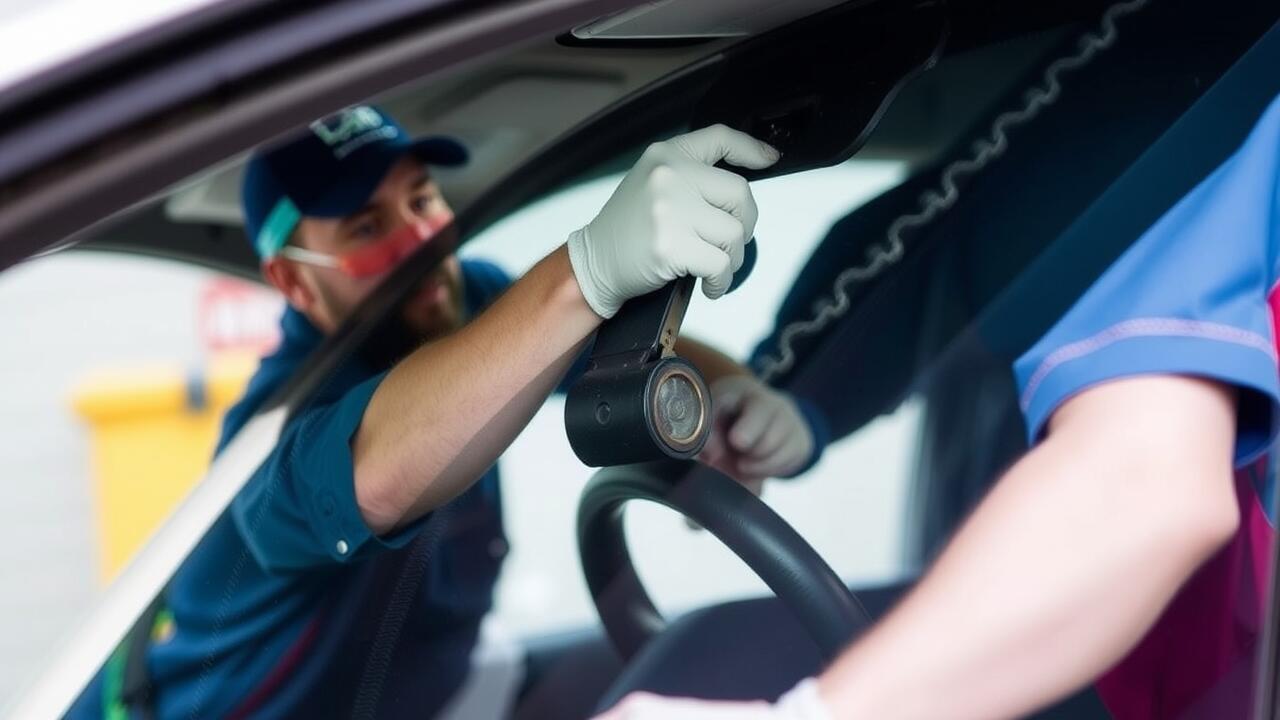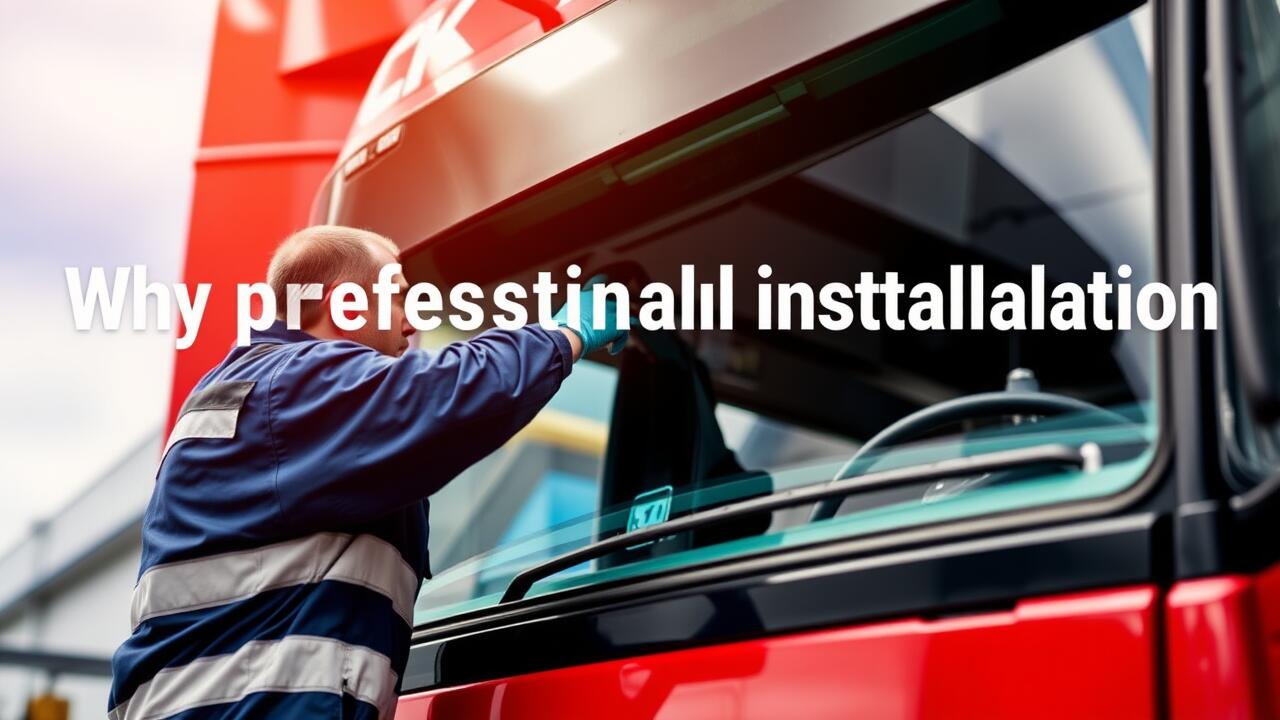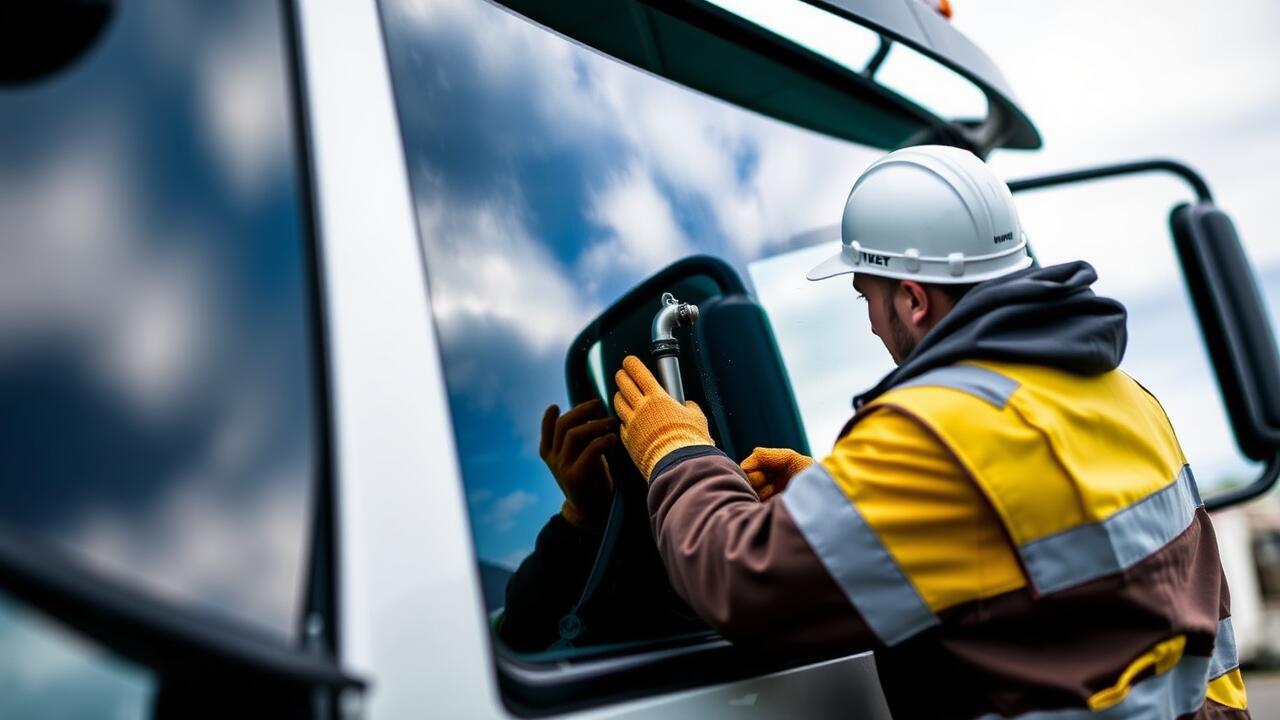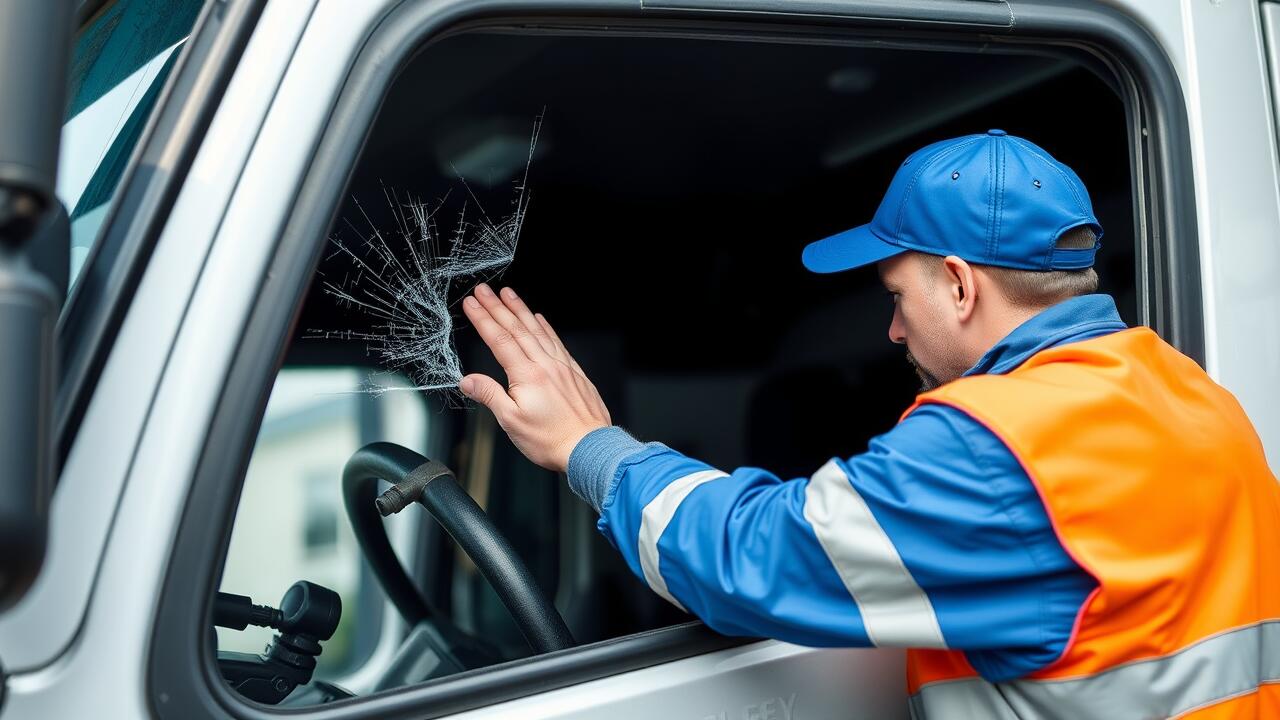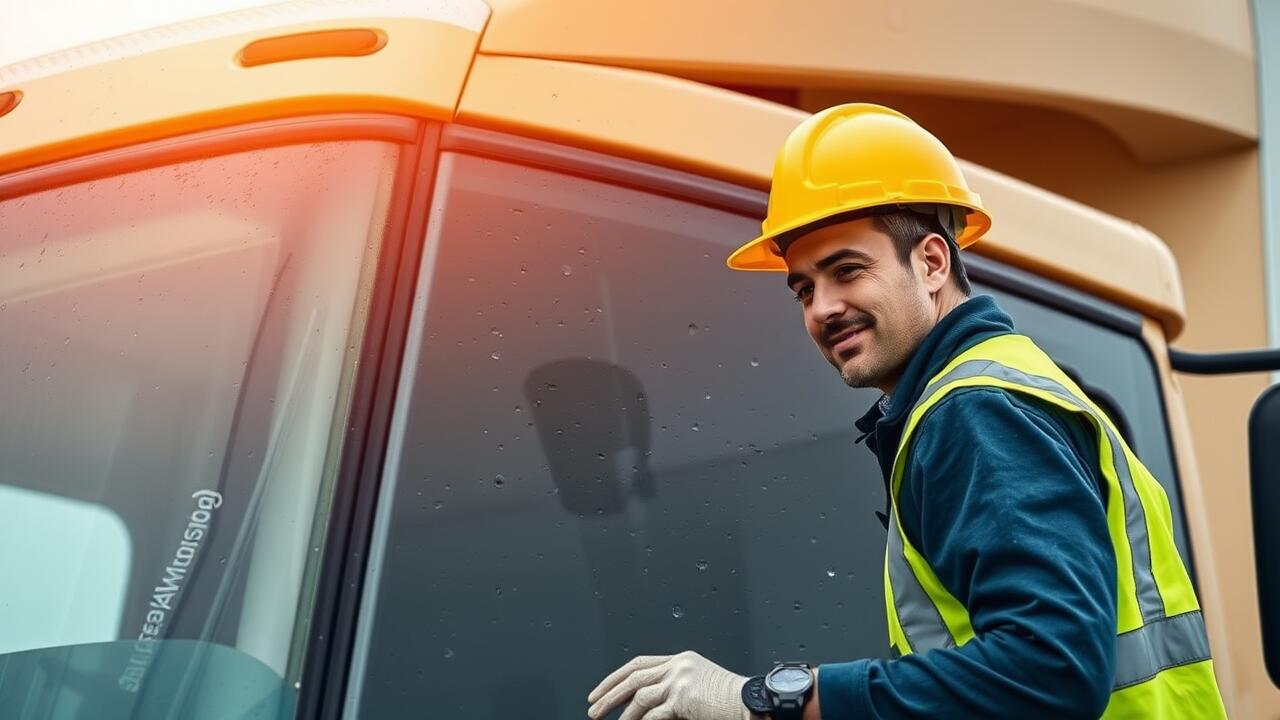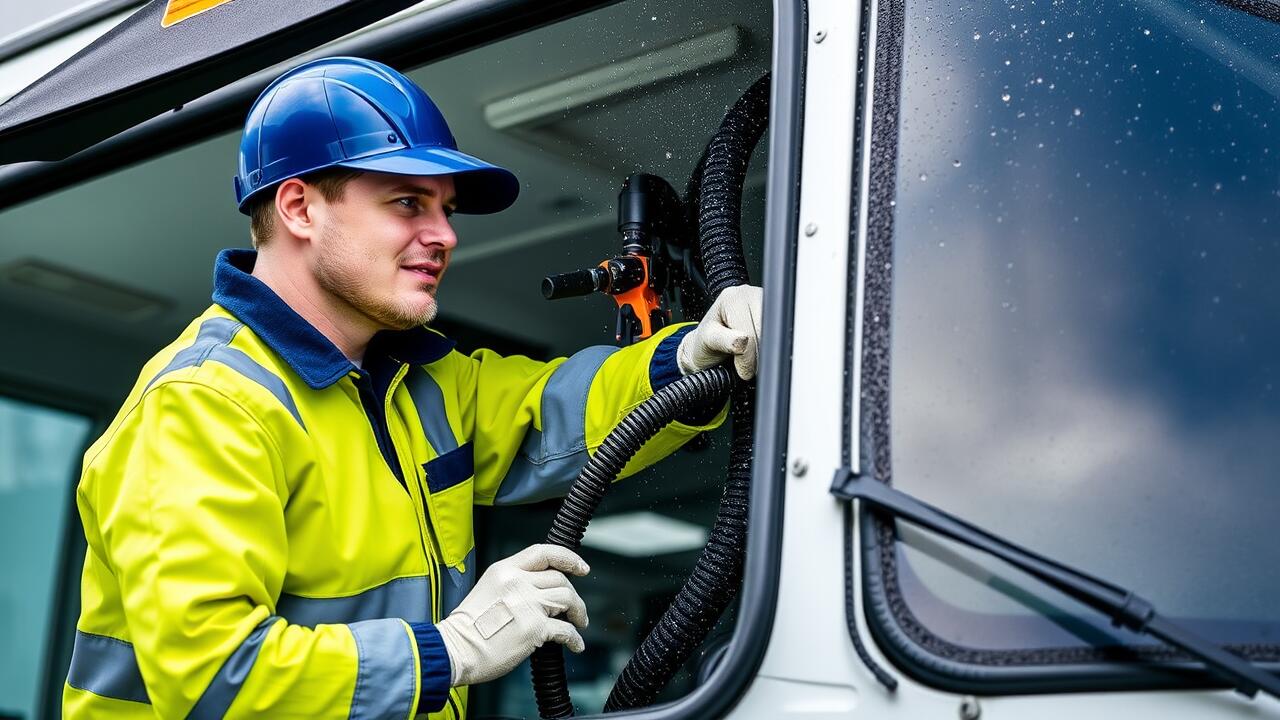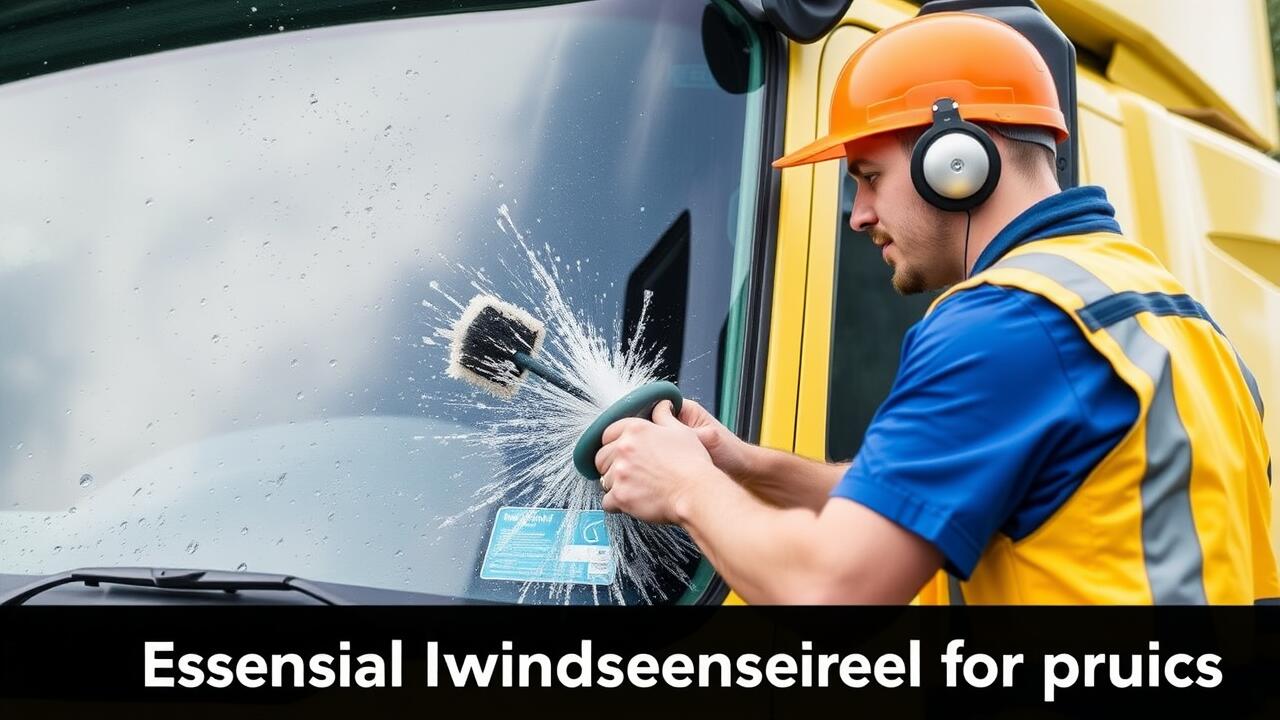
Table Of Contents
Common Misconceptions About Windscreen Claims
A common misconception about windscreen claims is that all types of damage are fully covered under standard car insurance policies. Many drivers assume that any chip or crack can be claimed without considering specific policy limitations. Each insurance provider has distinct terms that outline what constitutes a claimable event, and certain types of damage may not be included. Truck windscreen replacement often poses unique challenges, as policies tailored for larger vehicles can differ significantly from those covering standard passenger cars.
Another prevalent myth is that filing a claim will automatically result in a premium increase. While it's true that some providers may adjust premiums after a claim, not all do. Many insurers offer specific coverage options for windscreen repairs or replacements that may not affect the overall premium. This can be especially relevant for owners of trucks, who often face higher replacement costs if the windscreen is damaged. As a result, it is crucial to understand the terms of one’s policy before deciding whether to proceed with a claim.
Check out this site for more information.
Debunking Myths Surrounding Coverage
Many people believe that claiming for a windscreen repair or replacement will significantly increase their insurance premiums. This is often not the case, as insurers evaluate a range of factors when determining premium rates. A single claim for windscreen damage, especially if it is for a minor repair, typically has a minimal impact on future premiums. Moreover, many policies include provisions that allow for windscreen claims without affecting your no-claims bonus, making it a less daunting prospect for drivers concerned about costs.
Another common misconception is that only certain types of vehicles are eligible for windscreen coverage. While it is true that policies may vary, most comprehensive insurance plans generally offer coverage for all types of vehicles, including those requiring specific services like Truck Windscreen Replacement. It is essential for vehicle owners to thoroughly review their insurance documents or consult with their provider to understand the specific terms related to windscreen claims. Being informed can alleviate confusion and help individuals make the best decision when faced with damage.
Alternatives to Insurance Claims
For those looking to bypass the complexities of insurance claims, exploring DIY repair kits or professional services can be a viable option. Many consumers find that minor chips or cracks can be efficiently addressed using simple repair kits available at automotive stores. These kits often include resin that can fill small imperfections, preventing further damage. However, larger issues may require professional assistance to ensure the integrity of the windscreen is maintained.
In cases where the damage is more extensive, seeking services that specialise in Truck Windscreen Replacement could provide a better solution than filing an insurance claim. These specialists typically offer a swift and reliable service, ensuring that the replacement is performed to the highest standards. Not only can this save time, but it may also alleviate the stress associated with waiting for claim approvals.
Exploring DIY Repair Kits and Services
DIY repair kits have become increasingly popular for tackling minor windscreen damage. Many of these kits provide essential tools and resin that allow car owners to fill in chips or cracks without professional assistance. This approach can save time and money, particularly for those with small, easily manageable issues. However, it's important to assess the severity of the damage, as attempting a DIY repair on extensive cracks may not yield satisfactory results or could even worsen the situation.
For more significant damage, such as a complete break or large cracks, seeking professional help might be necessary. Truck Windscreen Replacement services can ensure that the job is done correctly and safely. These professionals possess the expertise and equipment required for a thorough replacement, which is often essential for vehicles that rely on their windscreen for structural integrity. While DIY kits can be effective for small repairs, understanding when to call in the experts is crucial for maintaining vehicle safety.
When to Contact Your Insurance Provider
Determining when to contact your insurance provider about a windscreen issue can be crucial in managing your expenses. It's essential to evaluate the severity of the damage. Small chips or cracks might be repairable without a claim. However, if the damage is extensive, particularly if it obstructs your view, that’s when you should consider reaching out to your insurer. This ensures you understand your coverage and potential out-of-pocket costs for repairs or Truck Windscreen Replacement.
Another reason to get in touch with your insurance company is if the damage occurs frequently or in a manner that suggests a larger underlying issue. Keeping a record of incidents can help in discussions with your provider. Also, be aware of your policy terms regarding windscreen damage. Some insurers offer specific provisions that might provide better coverage for Truck Windscreen Replacement, potentially saving you money in the long run.
Signs You Should File a Claim
Determining when to file a claim for windscreen damage can be challenging. If the damage severely obstructs your view while driving or compromises the structural integrity of the vehicle, it’s advisable to contact your insurance provider. Chips and cracks that exceed a certain size, often specified by your policy, may also prompt a claim. Considering the potential risks associated with driving with impaired vision, taking action sooner rather than later is crucial.
In the case of large trucks or special vehicles, such as those requiring a Truck Windscreen Replacement, the stakes rise even higher. Damage to the windscreen in these vehicles can have implications not only for the driver but also for safety regulations related to heavy vehicle operation. If you notice stress cracks, extensive chips, or any damage that may lead to further complications, it is essential to assess your options and decide whether filing a claim aligns with your best interests.
FAQS
Can I claim for a cracked windscreen on my insurance?
Yes, you can typically claim for a cracked windscreen on your insurance, provided you have comprehensive car insurance that covers windscreen damage. Always check your specific policy details for coverage.
Will making a windscreen claim affect my no-claims bonus?
It depends on your insurance provider and the specific terms of your policy. Some insurers may not penalise you for windscreen claims, while others might affect your no-claims bonus. Always verify with your insurer.
Are there alternatives to claiming on my insurance for windscreen damage?
Yes, you can consider using DIY repair kits or seeking services from professional windscreen repair companies. These options may be more cost-effective, especially for minor chips or cracks.
How do I know if I should contact my insurance provider about my windscreen?
You should contact your insurance provider if the damage to your windscreen is significant, obstructs your view while driving, or if you're uncertain whether the repair costs will exceed your excess.
What are the signs that indicate I need to file a windscreen claim?
Signs include visible cracks or chips larger than a coin, damage affecting your line of sight while driving, or if the damage is spreading. If in doubt, it's best to consult your insurance provider.
